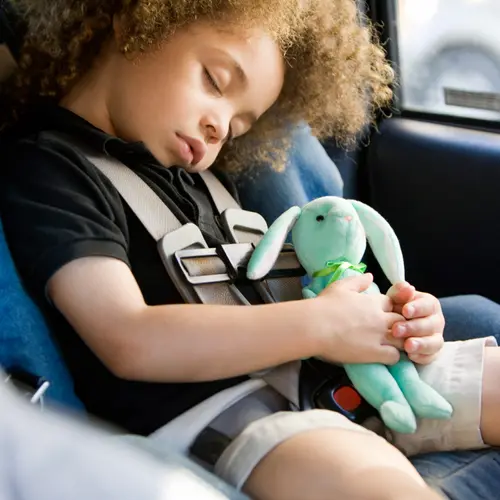Have you ever worried about your child making friends? Or were you upset because another child rejected your child's friendship?
I found myself in this situation when my 6-year-old daughter came home from school crying one day. She told me that her best friend had decided she didn't want to play with her anymore.
My "mom instinct" was to somehow jump in and protect her. We've all had painful interactions with friends at some point, and to see your child go through something similar -- it's heartbreaking. I took it personally.
Research on Children's Friendships
But then I had an aha moment. As a parent, I'd spent a lot of time and energy making sure she was getting good grades, playing sports, taking music lessons. Learning about friendships hadn't come into focus until now. As a pediatrician, I know that figuring out how to build friendships and handle relationship change is important -- even for young kids. I realized I couldn't shield her.
Research backs up the importance of this aspect of growing up. Some studies show that kids as young as kindergarteners know what it means to be lonely and to feel boredom and sadness. More studies are needed, but many child psychologists suspect children who feel loneliness may be affected over the long term, possibly with lower self-esteem and an increased likelihood of being a lonely adult. One study looked at 242 students in sixth grade. Those who did not have friendships reported being sadder and feeling less self-worth than their peers.
"Not every child has to be popular, nor can every child be popular," Kenneth Rubin, PhD, professor of human development at the University of Maryland, says in his book The Friendship Factor: Helping Our Children Navigate Their Social World -- and Why It Matters for Their Success and Happiness. More important is for kids to practice handling relationships, which teaches them to negotiate and be empathetic, and forms their views on fairness.
Find more articles, browse back issues, and read the current issue of "WebMD the Magazine."


